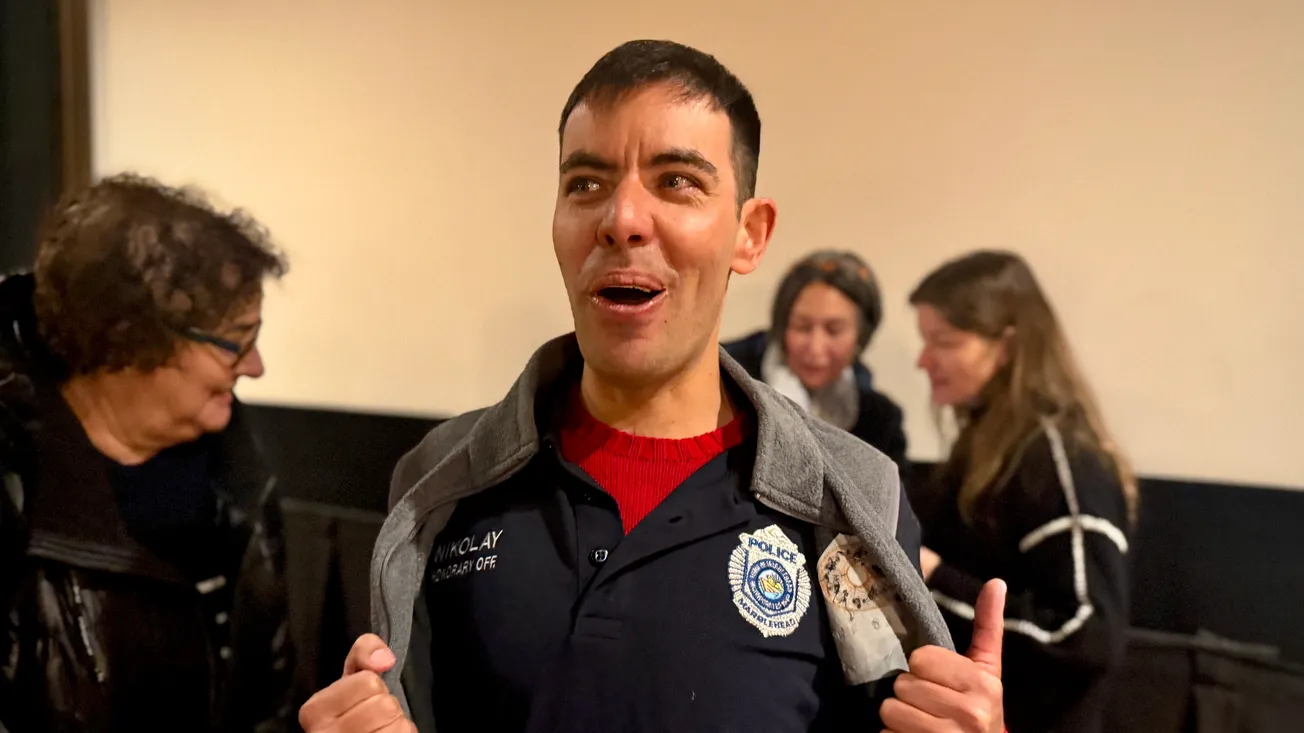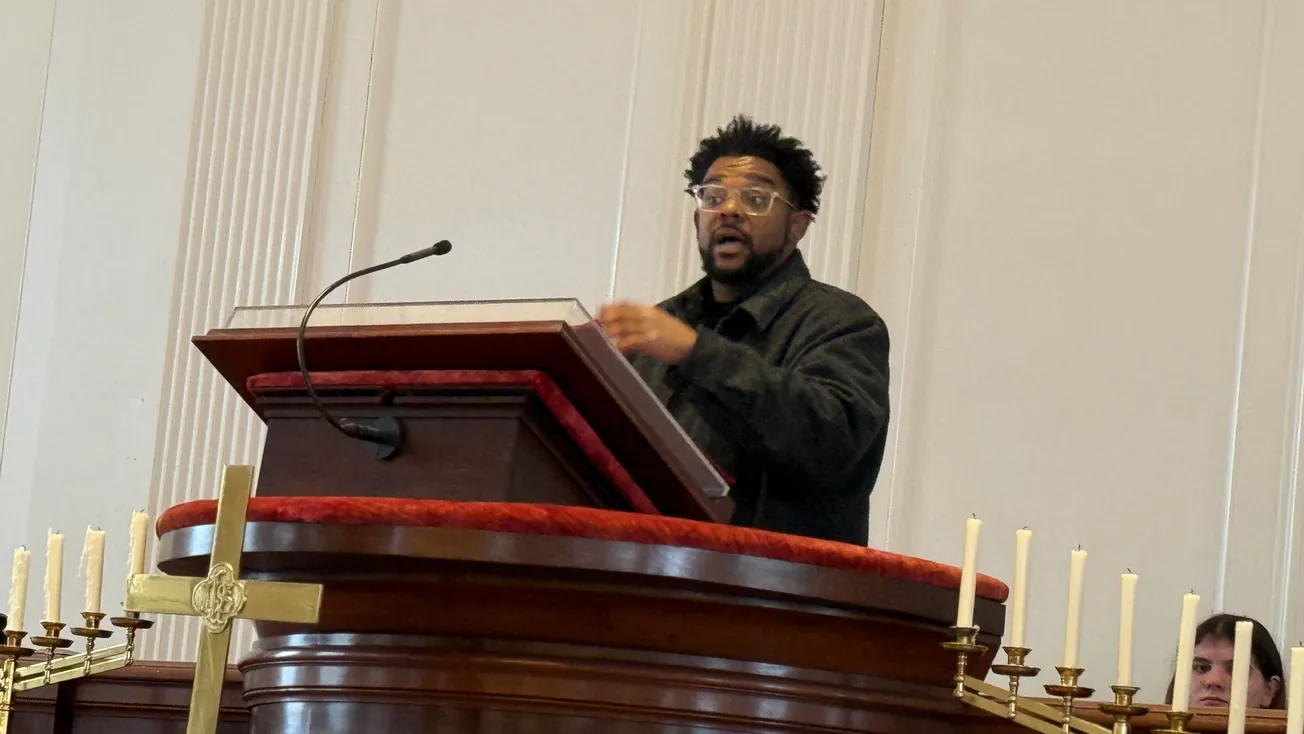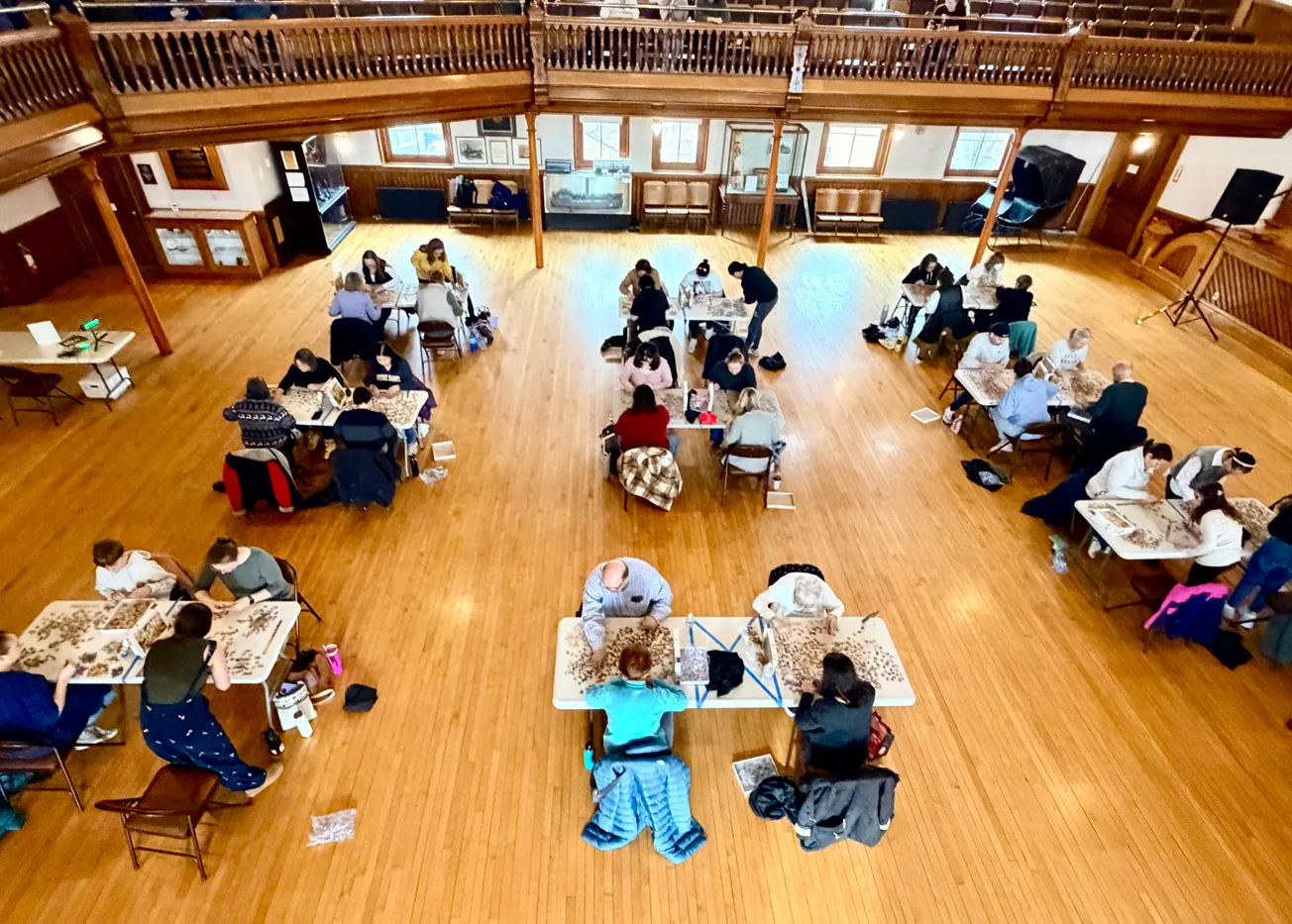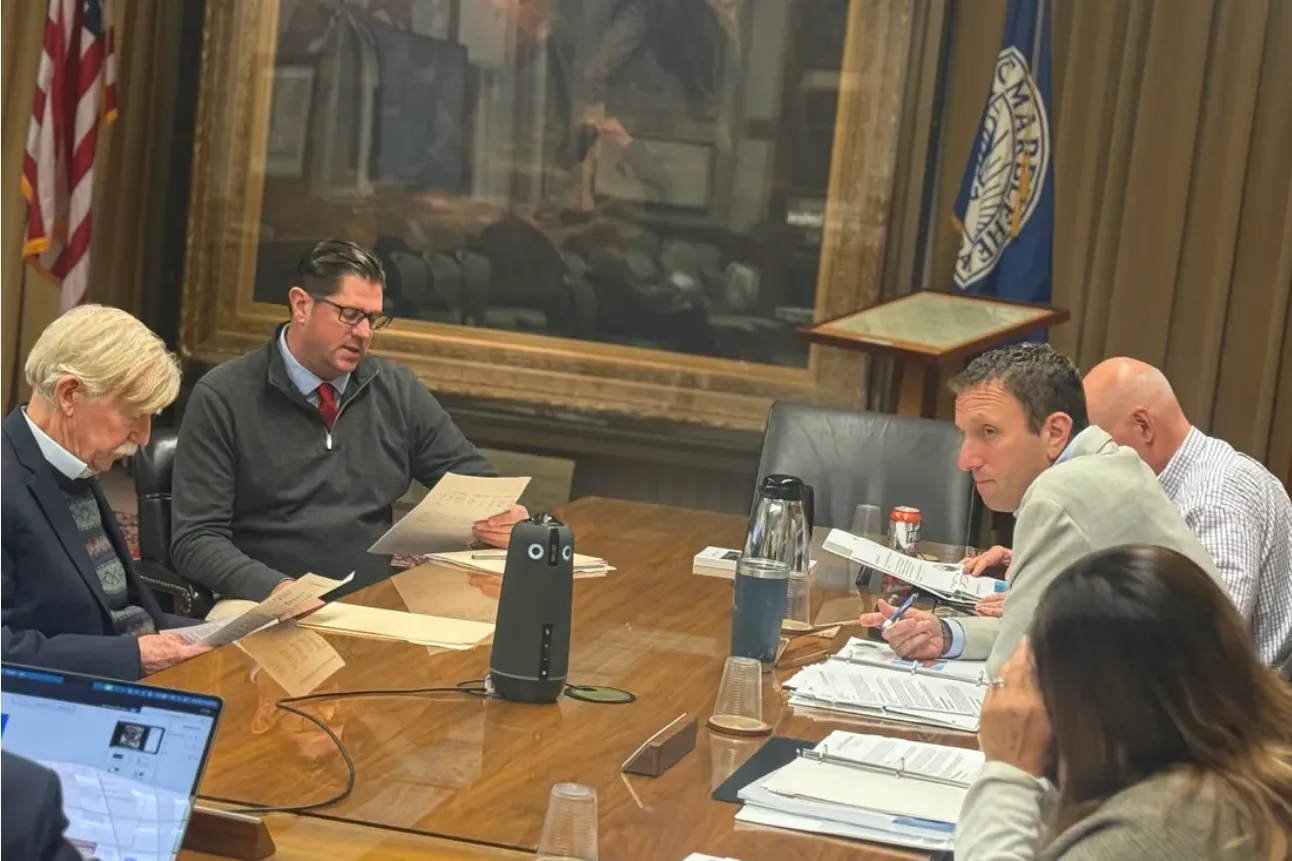Table of Contents
A recent federal immigration action in Marblehead has prompted questions about how local leaders handle Immigration and Customs Enforcement operations, drawing clear lines between the roles of town police, the Select Board and federal authorities.

Police Chief Dennis King said his department does not participate in civil immigration enforcement and will only work with federal agencies when criminal warrants or safety concerns are involved. Select Board members, who oversee public safety at the policy level, said they trust King’s approach and do not plan to issue formal directives or adopt sanctuary-style policies at this time.
The discussion highlights a delicate balance: assuring immigrant families that local police are not acting as immigration agents, while recognizing that federal officers may conduct operations in town without local involvement.
Police posture
King said the Marblehead Police Department follows statewide guidance developed by the Massachusetts Association of Police Chiefs. That policy makes a sharp distinction between criminal law enforcement — where local police coordinate with state and federal partners — and civil immigration actions, which fall solely under federal jurisdiction.
“Our position is clear,” King said. “We do not detain people on civil immigration orders alone. Unless there is a new crime or a warrant issued by a judge, our officers are not making arrests on immigration matters.”
He said his department reviews its policies regularly, including issuing a general order in late December reminding officers of the limits on their role. The department also follows a “bias-free policing” policy that prohibits officers from stopping or questioning people based on race, ethnicity, national origin or immigration status.
When asked about the recent enforcement activity in Marblehead, King said his department was not informed ahead of time, did not assist and had no role in the detentions.
“Agencies sometimes come into town with lawful authority and without notifying us,” he said. “Our response is to assess the scope, but we don’t interfere in federal operations.”
King said his officers are trained to prioritize community safety. In cases where federal agencies request help with violent offenders or criminal warrants, he said, Marblehead police will cooperate.
“But in situations that are strictly immigration enforcement, we don’t participate,” he said.
The chief acknowledged residents’ concerns and said he has met with community members to explain the department’s approach.
“People have asked me what our policy is,” King said. “I’ve reassured them that we are not acting as agents of a federal agency.”
Select Board views
As the elected body overseeing public safety, the Select Board has fielded calls from residents urging the town to take a stronger public stance on federal immigration enforcement. Board members differ in tone but largely agree on deferring to King’s expertise.
Board member Erin Noonan said the town’s role is limited by law.
“Local police cannot interfere with federal agency actions,” he said. “We trust the chief to do his job, and he’s doing an excellent one. There’s no difference between what Marblehead is doing and what other communities like Swampscott are doing.”
Noonan said she does not see a need for a formal board resolution or public statement, despite calls from some residents.
“I received one email about it and responded in detail,” she said. “I don’t think we need to issue a formal statement because one person requested it on Facebook.”
She described the recent detentions as “morally abhorring” and “an enormous waste of federal resources,” but emphasized that federal immigration enforcement is outside the town’s control.
Select Board memebr Moses Grader took a more moderate stance, saying he believes in secure borders but also in humane treatment.
“We are not a sanctuary town,” Grader said. “Our police enforce the laws, and I trust Chief King to carry them out compassionately and within the limits of the law.”
Grader said Marblehead has traditionally “looked the other way” on immigration status in routine interactions, but would support cooperation if criminal activity or judicial warrants were involved.
“We are a nation of laws,” he said. “If people don’t like the laws, then legislatures and Congress need to change them. Our role locally is to make sure enforcement is done responsibly.”
Neither Noonan nor Grader said they favor designating Marblehead as a sanctuary community. Both expressed confidence that King’s policies already provide the right balance.
Community implications
The police department’s position means immigrant residents should not fear routine interactions with local officers, King said.
“Our officers are not going to detain you just for immigration status,” he said. “That is not our role.”
At the same time, officials acknowledged that federal agencies may conduct operations in Marblehead at their discretion. Local police are not notified in advance, leaving town officials little ability to prepare residents or intervene.
Community advocates have circulated “know your rights” guides, advising residents not to interfere in federal operations and to contact attorneys if they fear detention. King said those resources complement the department’s own guidance.
“Knowing your rights is important,” he said. “But so is not interfering with lawful operations.”







